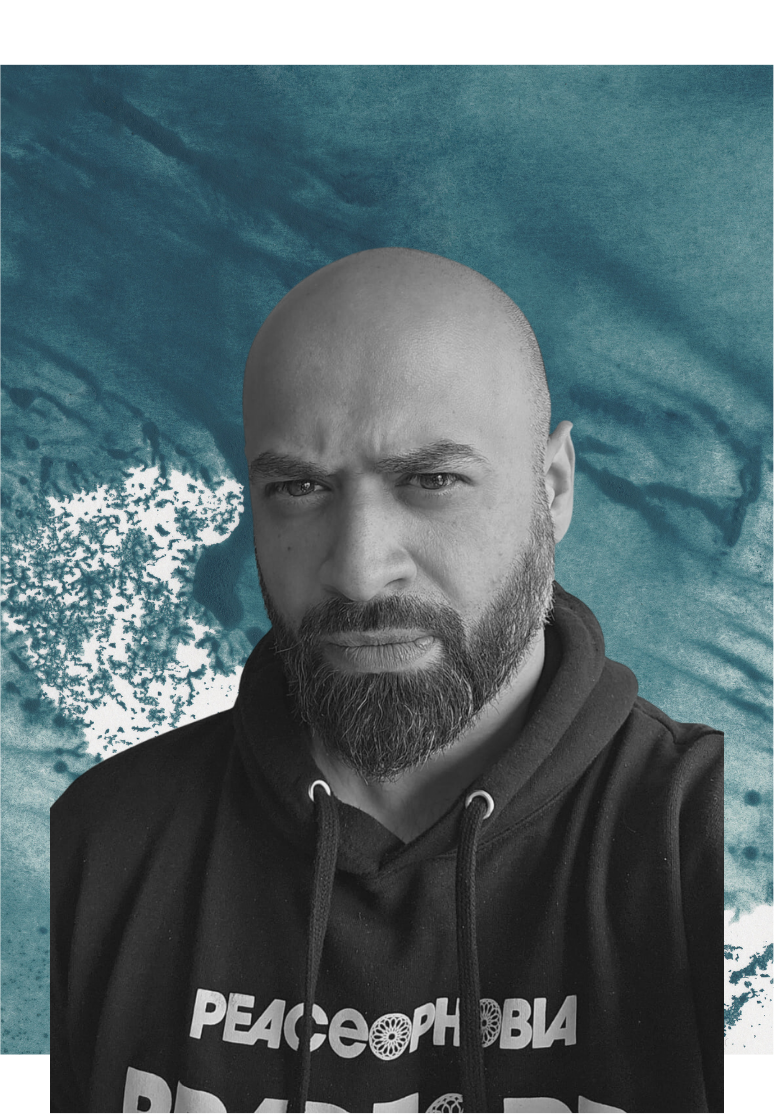
On 29th July 2024 Axel Rudakubana brutally murdered three innocent children, Bebe King, Elsie Dot Stancombe and Alice Dasilva Aguiar, injuring ten others. On the 30th July Islamophobic conspiracies spread across social media, blaming a Muslim immigrant, fuelling far right protestors to begin rioting and attacking the Southport mosque and police, with riots spreading through twenty cities across England and Northern Ireland for the following six days.
Over 1000 were arrested and charged for violent disorder, 286 being minors. Whilst this has sparked a nationwide discussion on social cohesion, there remains an elephant in the room, neither named nor addressed; Islamophobia or anti-Muslim hate.
Islamophobia has long passed the dinner table test. It is no longer simply private prejudice but has become normalised, mainstreamed, and actively promoted. As Baroness Warsi has boldly stated, there is a growing sentiment that Muslims don’t matter. This disturbing reality is reflected in the sharp rise in anti-Muslim hate crimes and widespread hostility toward Muslim communities across Britain, which is the tip of the iceberg and often the wider discourse of Islamophobia being a structural and systemic issue is ignored.
Muslims make up 6.5% of British society, however according to a recent poll, it is reported that more than half Briton’s think Islam is not compatible with ‘British values’, 41% of the British public believe that Muslim immigrants have had a negative impact on the UK, 49% think that Muslim women are pressured into wearing the hijab and 31% think that Islam promotes violence.
Muslims in this country must be protected against all forms of intolerance, hatred, prejudice, and discrimination. Crucially, Muslims must have the right to name the hatred and discrimination we face as Islamophobia or anti-Muslim hate. Society as a whole must stand firmly against Islamophobia just as it would against any other form of prejudice or hatred, whether racism, antisemitism, or otherwise because a healthy democracy depends on equal rights for all citizens, not merely on the economic or societal contributions of any one group.
This July marks a pivotal moment for Britain’s Muslim communities. We reflect on the 30th anniversary of the Srebrenica genocide, a brutal reminder of what unchecked hate can become. More pressingly, we mark one year since the Islamophobic and racist riots, triggered by misinformation and met with a muted national response. These riots were not isolated incidents; they spread across over twenty towns and cities, targeting mosques, community centres, and Muslim-owned homes and businesses, leaving many feeling vulnerable and unsafe in their own neighbourhoods.
In the chaos that followed, there were moments of hope. Imams welcomed protestors in front of Liverpool’s Quilliam Mosque; communities mobilised to clean up shattered windows and rebuild damaged spaces. But good intentions are not enough.
To build a shared future, we must also honour a shared past. Muslims have been part of British history for centuries. In the 8th century, King Offa of Mercia minted a gold dinar inscribed with the Islamic declaration of faith, a symbol of early engagement between the British Isles and the Muslim world. Fast forward to 1889, when William Henry Quilliam, better known as Sheikh Abdullah Quilliam, established Britain’s first registered mosque in Liverpool, providing a home and hub for Muslims in Britain.
That same year saw the founding of the Shah Jahan Mosque in Woking, a centre for Muslim scholarship and diplomacy. During both World Wars, over 400,000 Muslim soldiers from British India fought and died on European battlefields, their sacrifice testament to the deep roots and commitment of Muslim Britons.
This history is not a footnote; it is the foundation of our belonging.
Islamophobia today is not simply religious intolerance or racial prejudice. It is intersectional, targeting people based on a combination of faith, race, gender, immigration status, dress, and perceived political beliefs. Hijab-wearing women face disproportionate public abuse; Black Muslims and working-class Muslim communities often experience compounded marginalisation. This layered discrimination demands structural solutions, not surface-level responses.
All institutions, public and private, have a responsibility to ensure that Muslim employees, customers, neighbours, and partners are treated with equal respect and can live their lives free from discrimination or suspicion. This is not optional; it is essential to social justice and cohesion.
The future of Muslims in Britain will not be defined by advisory groups or media cycles but by whether Britain honours its shared responsibility to protect and empower all its citizens.
Muslims have always been part of Britain’s fabric. The question now is: will Britain meet us with the justice, respect, and partnership we deserve?
We are here. We have always been.
Is Britain ready to meet us there?
----
Mohammed Ali Amla is Youth & Partnerships Director at Solutions Not Sides and a trustee at the Faith & Belief Forum. He works to challenge Islamophobia & Antisemitism, empower young people, and promote inclusive, values-based education across Britain.